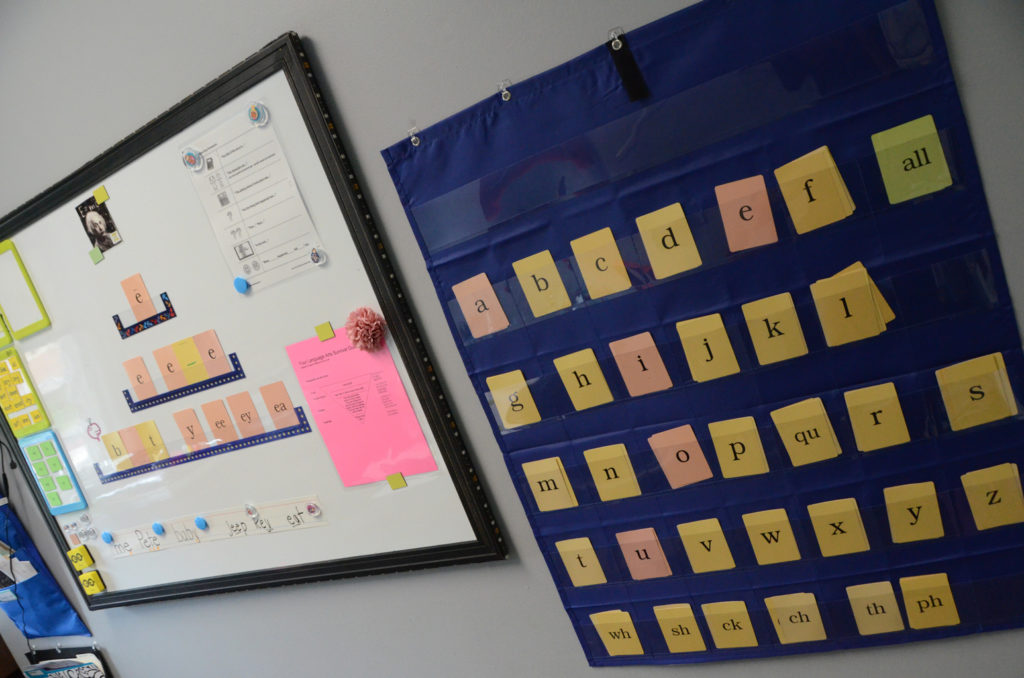Are you concerned that your child is a very poor speller? Does your child have very poor handwriting and very poor inventive spelling.
Spelling, reading
- Spelling skills have a large impact on reading fluency and comprehension…the better the speller the more fluent the reader.
- Spelling impacts writing. Poor spellers restrict what they write to words they can spell. Sentence writing requires automaticity in handwriting, spelling, grammar
and punctuation.- (Adams, 1990; Katzir, Kennedy, Kim, Lovett, Morris & Wolf 2006).

Spelling is actually the canary in the coal mine. Poor spelling is a key symptom of dyslexia.
The relationship between spelling and reading is so close that learning about spelling enhances a student’s reading proficiency. Spelling contributes to reading development, decoding unknown words, pronunciation
Spelling is critical. Research shows that lack of spelling instruction affects:
- Early reading development
- Verb tense and usage
- Clarity in writing
- Writing fluency
- Perceptions of writing ability
- Written expression.
If your child is a very poor speller, do not ignore this important warning sign. Take Aspire’s dyslexia symptom checklist to see if they have other symptoms of dyslexia.
Why has spelling
Solutions supported by research:
- Patterns are the most effective way to teach spelling.
- Structured literacy and systematic phonics teaches the spelling patterns in a format based upon the logic of English. Beware of spelling programs that try to teach all 8-10 spellings of the long-e sound in one spelling lesson (i.e. Meet, meat, happy, compete, receive, and key in one weekly lesson)
- Patterns should be based upon the syllable types of the English language that are orthographically regular
- Exceptions should be taught as sight-words when the specific pattern is taught (gain, pain, against; key, turkey, hey, they).
Findings of the National Reading Panel (2003)
- Systematic phonics instruction produces the most fluent, accurate and proficient readers, spellers and writers
- Systematic phonics instruction for reading and spelling is best when started in Kindergarten and maintained through third-grade.
- Systematic phonics and spelling instruction works best when integrated into all literacy activities and not taught in isolation.
- Systematic phonics has less of impact on reading when it is started after second grade
- Spelling must be supported with sound-to-letter activities, vocabulary, reading fluency and comprehension activities.
- The spelling and reading curriculums should sync together.
Aspire Academy uses the Wilson Reading System to help children with reading and spelling struggles. It is the most researched systematic phonics programs in the United
Call us at 515-978-4312 or contact us if you are concerned with your child’s reading and spelling.

